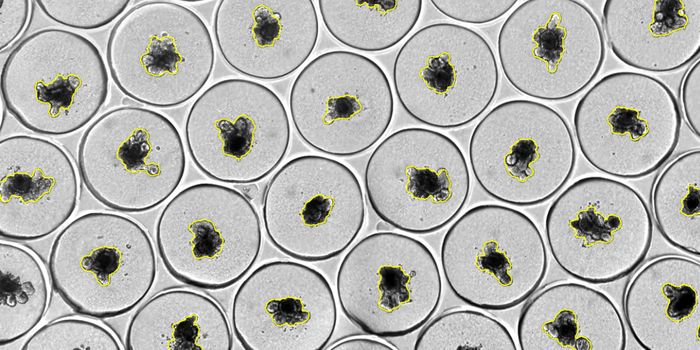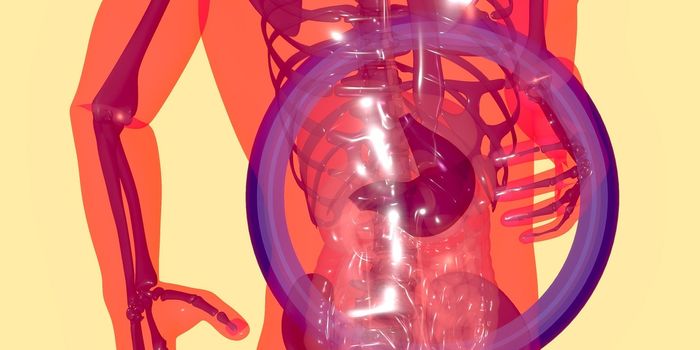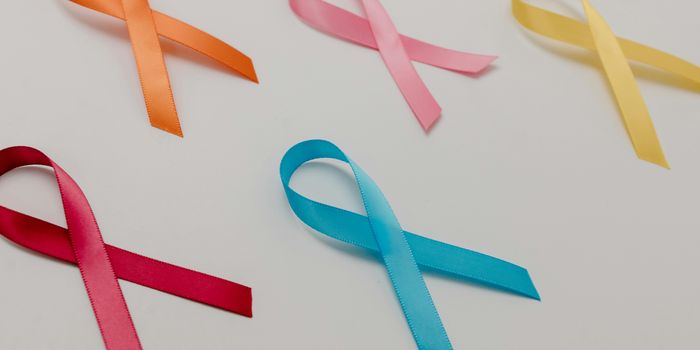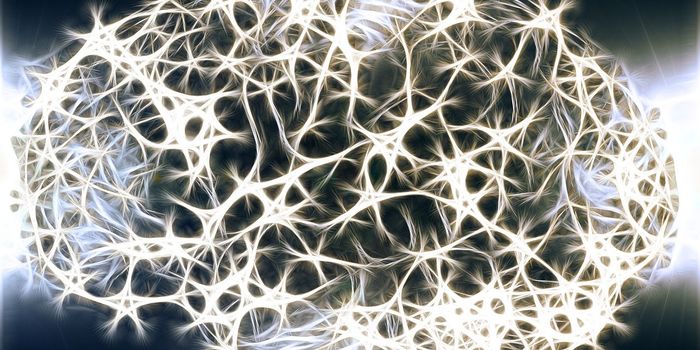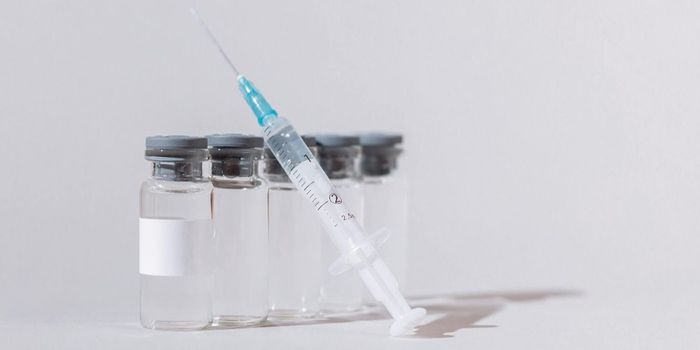Evaluating adverse effects of induction therapy for neuroblastoma
A study published in the Journal of Clinical Oncology reports an evaluation of the chemotherapy treatment given to children with neuroblastomas.The study evaluated the two treatments used by the European Neuroblastoma Study Group and the US equivalent, finding that while both are effective, the European regimen is better tolerated by young patients.
Treatment for high-risk neuroblastomas involves several combination chemotherapies that aim to shrink the tumor before surgery (known as induction therapy). "With the European rCOJEC regimen, high-grade vomiting, nausea, diarrhea, infections and stomatitis were significantly lower than in the US reference group. We will therefore implement it as a standard of care for high-risk neuroblastoma," says senior study author Professor Ruth Ladenstein, MD, MBA, cPM, who heads up the Studies & Statistics for Integrated Research and Projects (S2IRP) group at St. Anna Children's Cancer Research Institute where the study was conducted.
The study was coordinated by The European Neuroblastoma Study Group of the International Society of Pediatric Oncology (SIOPEN) and included data from 630 patients with a median age of 3.2 years. The patients were randomly assigned to one of the two regimens: the MSKCC-N5 regimen from Memorial Sloan Kettering Cancer Center or the rCOJEC regimen, which is the standard SIOPEN treatment in Europe.
They found that while the efficacy of the two treatments did not significantly differ, the rate of high-grade (grade 3-4), acute adverse events was significantly higher with the MSKCC-N5 regimen.
Although this study focused on quality of life, the researchers point to the need to develop improved efficacy in treatments, given that only about 60 and 65 percent of children receiving the rCOJEC and -MSKCC-N5 regimens, respectively, are still alive after three years.
"We urgently need to further improve the survival outcome. For example, the combination of chemotherapy with anti-GD2 antibodies is very promising - a combination that will be tested in randomized trials by SIOPEN and others," concludes Professor Ladenstein.
Sources: Journal of Clinical Oncology, Eureka Alert

